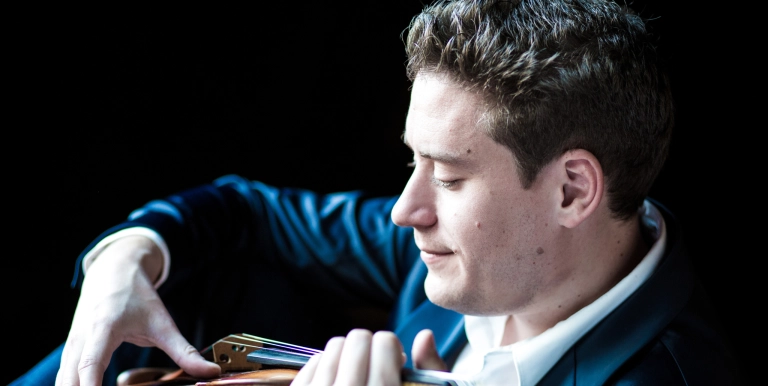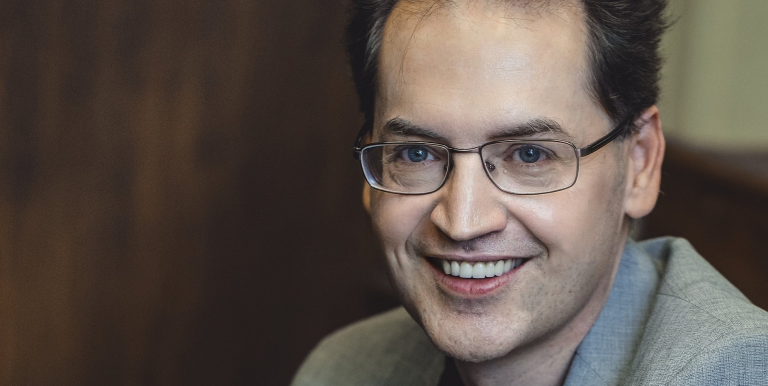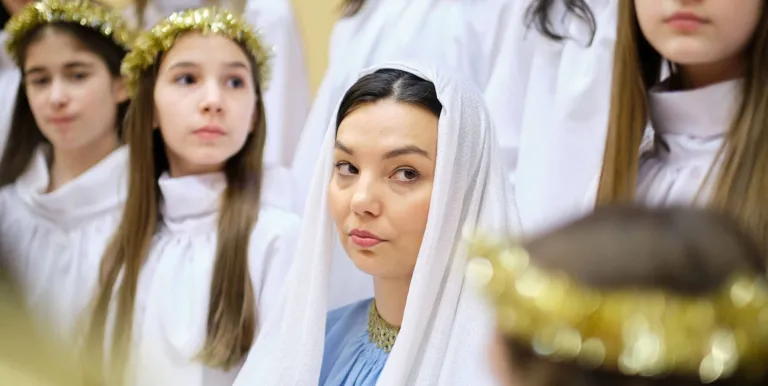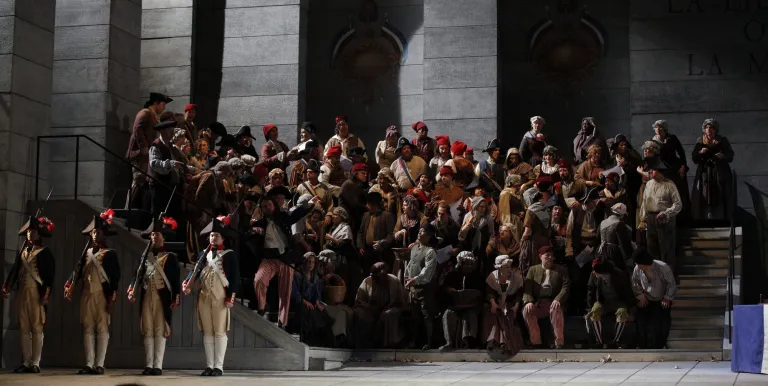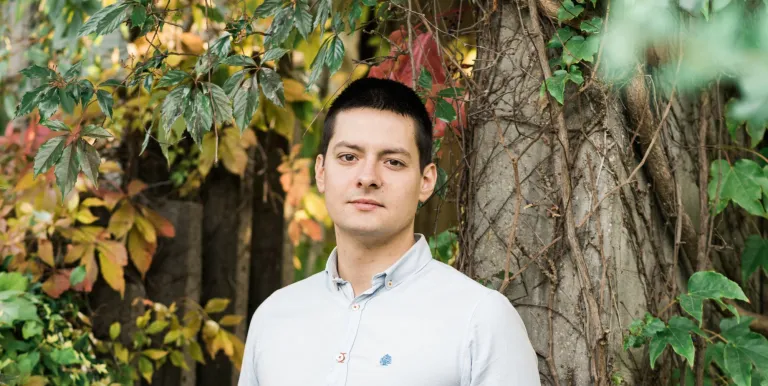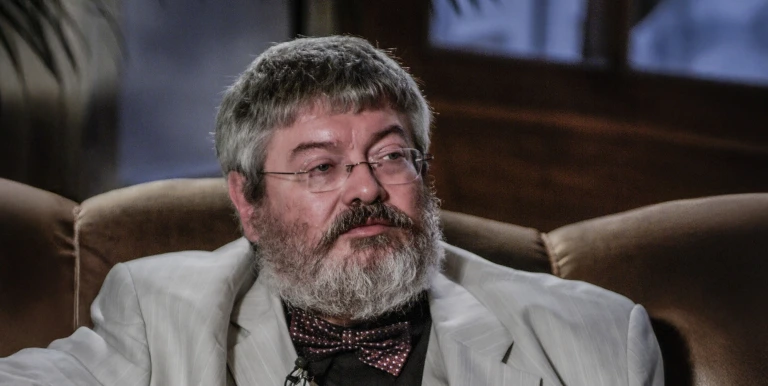one interval
Featuring:
Mozart
Violin Concerto No. 3 in G major, K. 216
Mozart
Piano Concerto No. 24 in C minor, K. 491
Mendelssohn
Double Concerto in D minor for violin, piano and string orchestra
We're broadcasting this performance live!
In spite of the fact that the current extraordinary situation prevents us all from meeting at Müpa Budapest in person, we would still like to make the coming days nicer and more uplifting. This is why we are going to transmit our live performance, without an audience, on our website and YouTube channel.
We look forward to welcoming you to the event, through your screen!
The performance will be broadcasted on our website and YouTube channel.
A concert consisting solely of concerto works - it's like a supper you're served cake for each of the courses! But how refreshingly varied these works in the same genre are! Following a violin concerto in a major key will be a piano concerto in a minor key, both of them courtesy of Mozart. After the interview, the two artists will perform Mendelssohn's double concerto for violin and piano. There will be no conductor at this production, as both guests have proved many times that they are able to find opportunities for a chamber music-style dialogue even when they are performing as soloists in front of an orchestra.
Although Várjon and Baráti are separated in age by 14 years, when they perform music together, they sound like they were born on the same day. What they share are a wise maturity and clarity in their playing and a fundamentally intellectual approach that views instrumental virtuosity as a critical means to express the emotions and passion of the music rather than an end for its own sake. The audience can therefore rest assured that when the two artists take the stage one after the other to perform one of Mozart's concertos alongside Concerto Budapest, with whom both of them enjoy a flourishing artistic relationship, it is the poetic content of the works that will emerge to the foreground. Following Mozart with Mendelssohn is an excellent choice not just because his D-minor concerto allows the two musicians to take the stage together, but also because, of all the composers who have come after Mozart, Mendelssohn, with his translucent clarity, unearthliness and - in spite of the Romantic intensity - essentially Classical structures, is the one who is closest to him.
Presented by: Müpa Budapest

